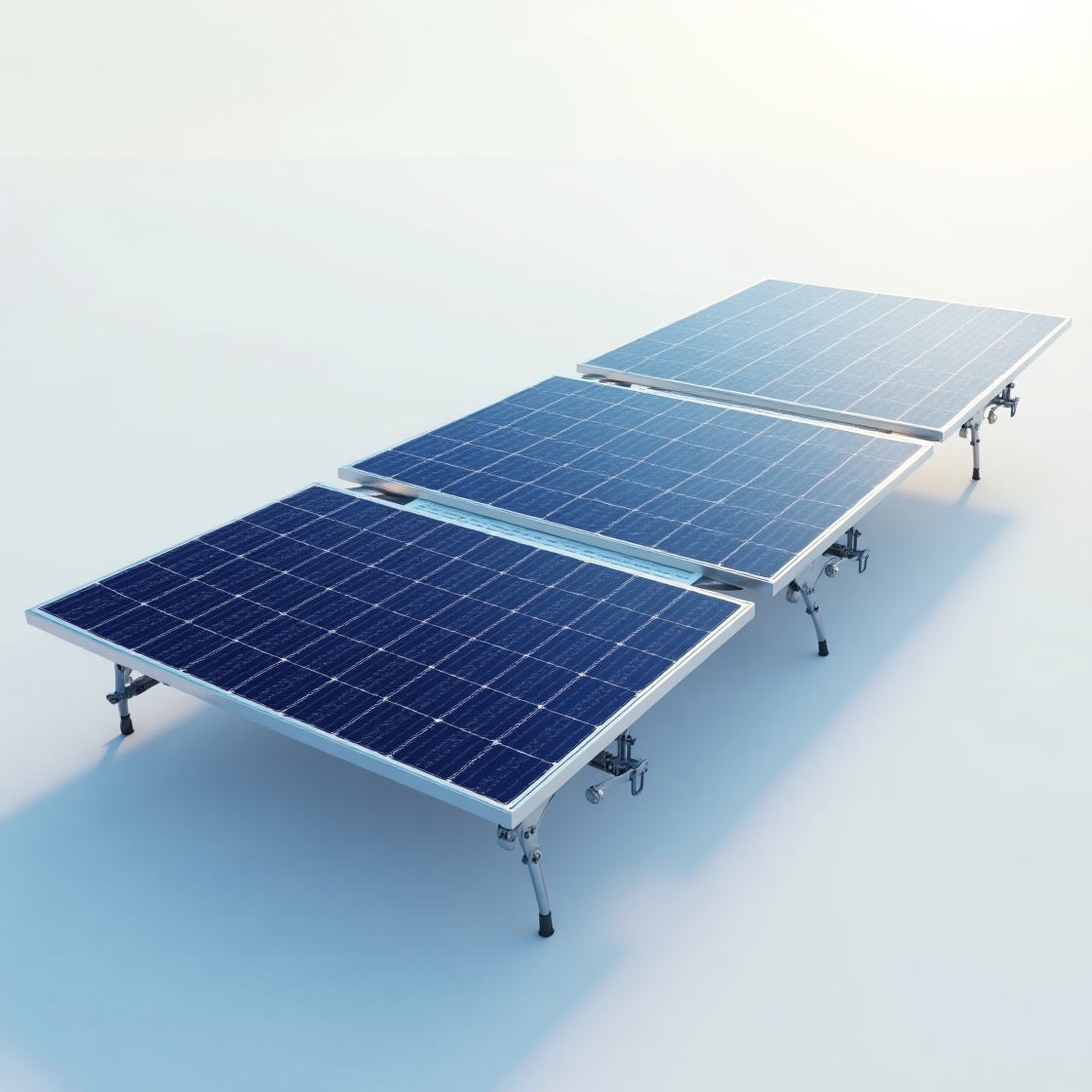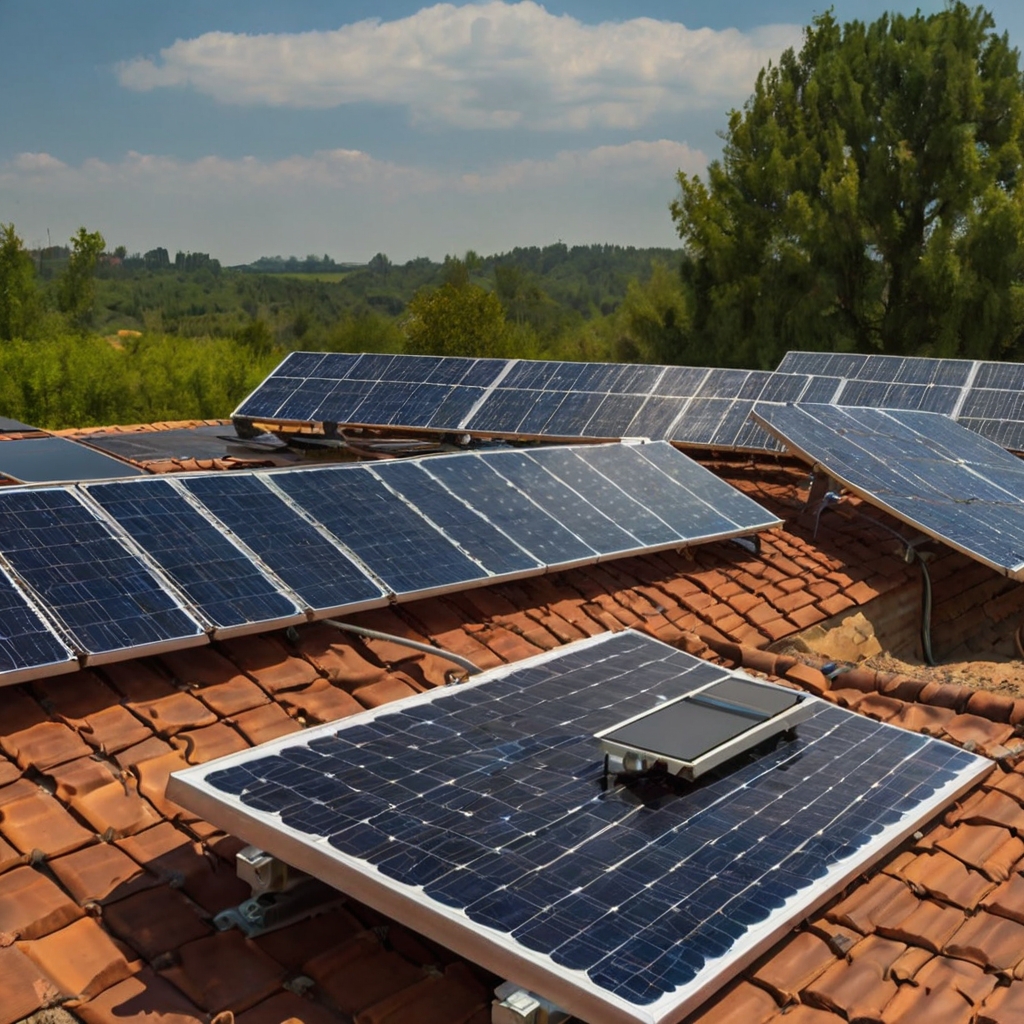In a world where energy efficiency and sustainability are more important than ever, solar panels are no longer just a high-tech accessory for eco-conscious homeowners — they are shaping the future of home design. Today, forward-thinking architects and designers are integrating solar technology into the very blueprint of modern living spaces.
In a world where energy efficiency and sustainability are more important than ever, solar panels are no longer just a high-tech accessory for eco-conscious homeowners — they are shaping the future of home design. Today, forward-thinking architects and designers are integrating solar technology into the very blueprint of modern living spaces.


Solar panels have transitioned from being a niche investment to a mainstream solution for energy needs. With falling installation costs, government incentives, and increasing environmental awareness, homeowners across the globe are now embracing the power of the sun. But the impact goes beyond just cutting electricity bills. Solar panels are changing how homes are planned, built, and experienced.
Modern home design is now about more than aesthetics — it’s about smart living. Here’s how solar energy is influencing the architecture of the future:
Homes are now being designed with roofs positioned and angled to maximize sunlight exposure. This architectural change ensures panels capture as much solar energy as possible, increasing overall efficiency.
Forget bulky panels. New innovations like solar shingles or solar roof tiles blend seamlessly into traditional roofing materials, making sustainability stylish and less obtrusive.
Open layouts and large windows once favored for light and space are now also being optimized for passive solar heating, reducing heating costs in colder months.
Designs are now including smart battery storage systems like Tesla Powerwall directly in utility rooms or garages, allowing homes to store excess energy for night use or outages.

Solar-powered homes are often viewed as premium properties. Real estate trends show that energy-efficient homes not only save money over time but also increase property value. Buyers are looking for homes that are environmentally responsible, low maintenance, and future-ready.
The future of home design lies in the fusion of solar energy and smart technology:
These innovations will transform neighborhoods into self-sustaining ecosystems, reducing reliance on traditional energy sources and minimizing carbon footprints.